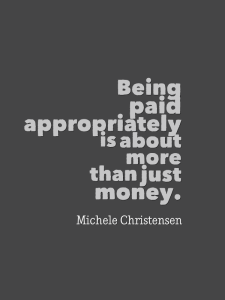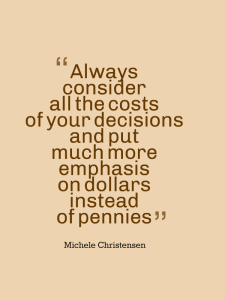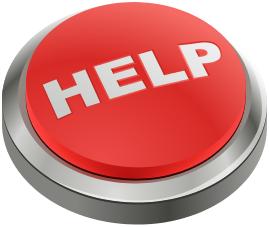Recently, I was asked if a business license was needed for a person who writes an income producing blog from home. Without knowing where he lived or the rules in his area, I told him that in general the answer would be yes.
Your work-at-home business is in fact a business, and local municipalities generally want you to have a business license to operate within their area. There are several reasons for this. Your local governing body (city, state, town, township, county, etc) wants to know who is operating a business within the borders of their area. They want to make sure all applicable laws and rules are adhered to. They want to make sure no space is used in a way that isn’t allowed. For example, my city has limits on how many customers (if any) may come to your home for your business. Your driveway and garage must remain available for parking. They also have rules to keep you from parking over-size vehicles or having obtrusive signage.
One of the biggest reasons local governments want you to have a business license is so that you can pay tax on your revenues or profits. When I mentioned this in the conversation, several other people immediately balked at the idea of paying taxes and some present felt that it was a waste to have a license if it made you pay more in tax.
I realize that most people hate taxes, but I do believe your home-based business should have all applicable licenses. Having a license legitimizes your business and makes you look more like a real business. Getting the proper license eliminates the risk of getting caught without one. Penalties do vary but if you are caught doing business without a license, at the very least you can expect to have to pay back taxes.
I think it sends a powerful message to your own self as well. Your business is every bit as legitimate as any bricks and mortar business, and as a prosperous community member you are paying your share of taxes.
Getting a business license is usually not a big deal and the payoff is worth it. You’ll never have to worry about accepting a delivery, seeing a client in if they come to your house, and you’ll be free to earn all the money you want with no fear of getting caught! Any potential client can feel free to dig around about you, and they’ll find your business license is current and in good standing (and don’t think people won’t do this!).
If you don’t have a business license, try taking the first step toward getting one. Call your local government offices and see what’s required and if you need one.
I won’t ask you to share in the comments if you don’t have a business license, but if you do, tell me why you got it and how it changed your business.








